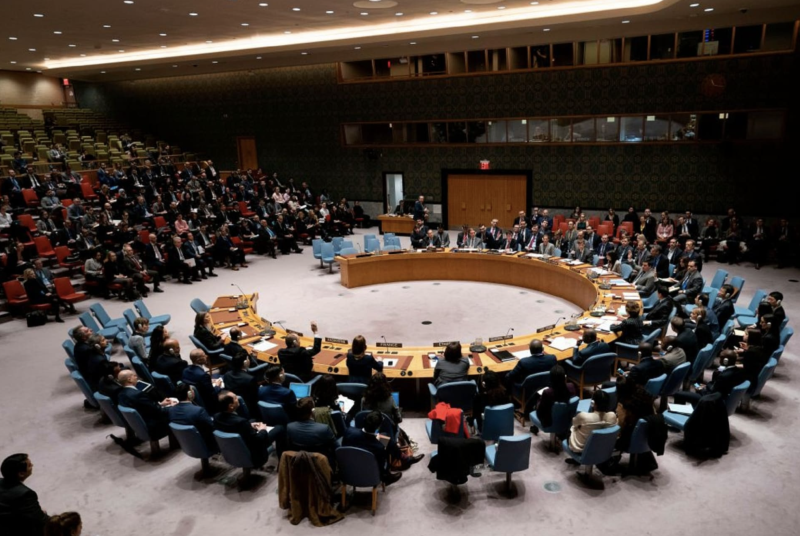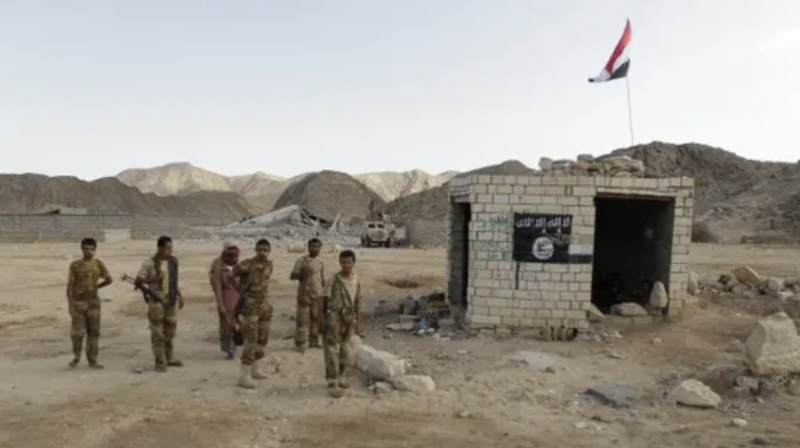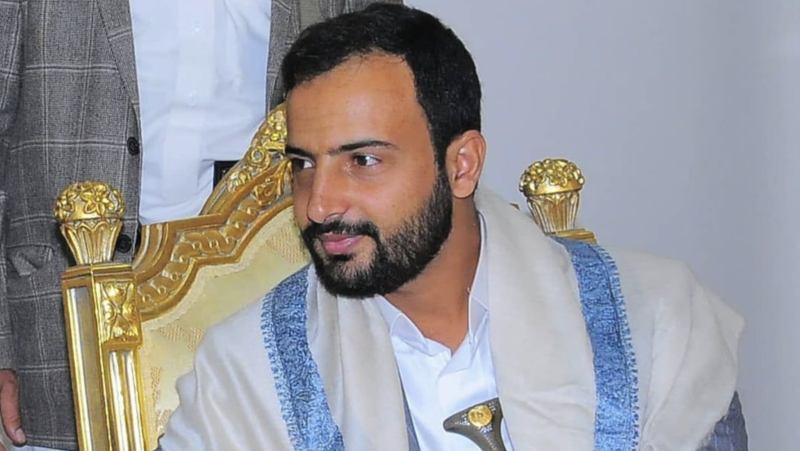1,000 Houthis killed in September fighting: Yemen Defense Ministry


At least 1,000 Houthi fighters were killed last month in several Yemeni provinces as the Iran-backed militia pushed to seize control of new areas, Yemen’s Defense Ministry said.
Fighting has intensified in Hodeidah, Sanaa, Marib, Jouf, Dhale and Al-Bayda during the last few months, when the Houthis tried to push out government forces from liberated areas.
The ministry said at least 1,000 Houthis, including 215 field commanders and military officers of different rankings, were killed in fighting with government forces or in Arab coalition airstrikes.
The fiercest clashes were reported in Marib, where thousands of army troops and allied tribesmen fought off Houthi attacks.
The militia’s aim in Marib was to seize control of major oil and gas fields and a power station that used to feed the capital, Sanaa, with electricity before the war.
Defense Minister Mohammed Al-Maqdishi in an online briefing on Sunday said that government troops and local tribesmen thwarted “desperate” attempts by the Houthis to advance toward the city, hailing the role of the Arab coalition in supporting the army through airstrikes on Houthi targets and military logistics.
Diplomats and local and international groups have repeatedly warned against a Houthi invasion of Marib, as it could exacerbate Yemen’s already dire humanitarian crisis by forcing tens of thousands of internally displaced people who live in the city to flee to safer areas.
The Joint Forces, an umbrella term for three major military units in the country’s western coast, said on Monday that hundreds of Houthis had been killed or wounded in three days of intense fighting in Hodeidah.
On Friday, the Houthis launched a massive assault on government-controlled areas in Hodeidah’s Hays and Al-Durihimi districts.
Despite deploying heavy machine guns and a large number of fighters, the Houthis failed to seize control of new areas in the two districts and government forces pushed them back to their previous locations.
According to Joint Forces media, 348 Houthis were killed or wounded in 72 hours of fighting that reached Hodeidah’s countryside, adding that local hospitals in Houthi-controlled areas in Hodeidah were overwhelmed with dead and wounded fighters.
There has been sporadic fighting in Hodeidah since late 2018, when the internationally recognized government and the Houthis signed the UN-brokered Stockholm Agreement.
Despite stopping a major military offensive by government forces on Hodeidah city, the agreement has failed to stop Houthi artillery fire and land mines that have claimed more than 500 civilian lives since 2018, according to a local rights group that documents civilian casualties of the war in Hodeidah.

NewYork -- The United Nations Security Council has urged all parties in Yemen to de-escalate tensions and intensify diplomatic efforts to end the c…

Marib — A senior al-Qaeda commander was killed Tuesday in a suspected U.S. drone strike in Yemen’s northern province of Mareb, accordin…

London — The United Kingdom has announced new sanctions targeting Hussein al-Houthi, son of Abdulmalik al-Houthi, leader of the Houthi militi…